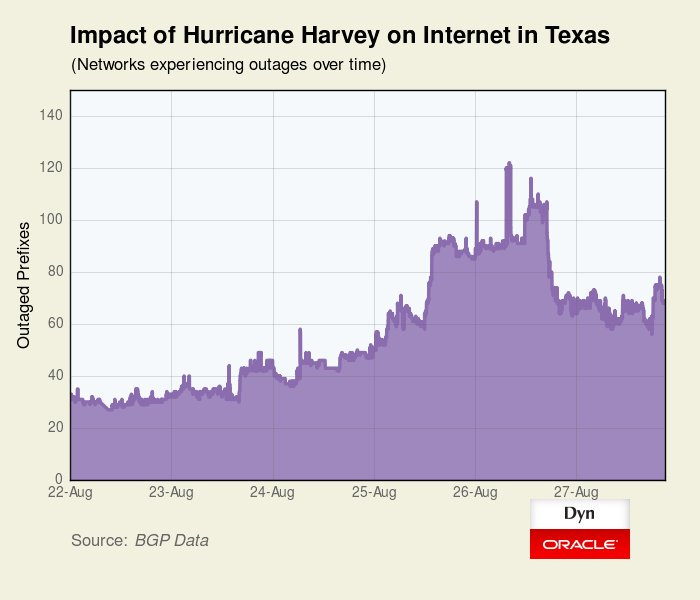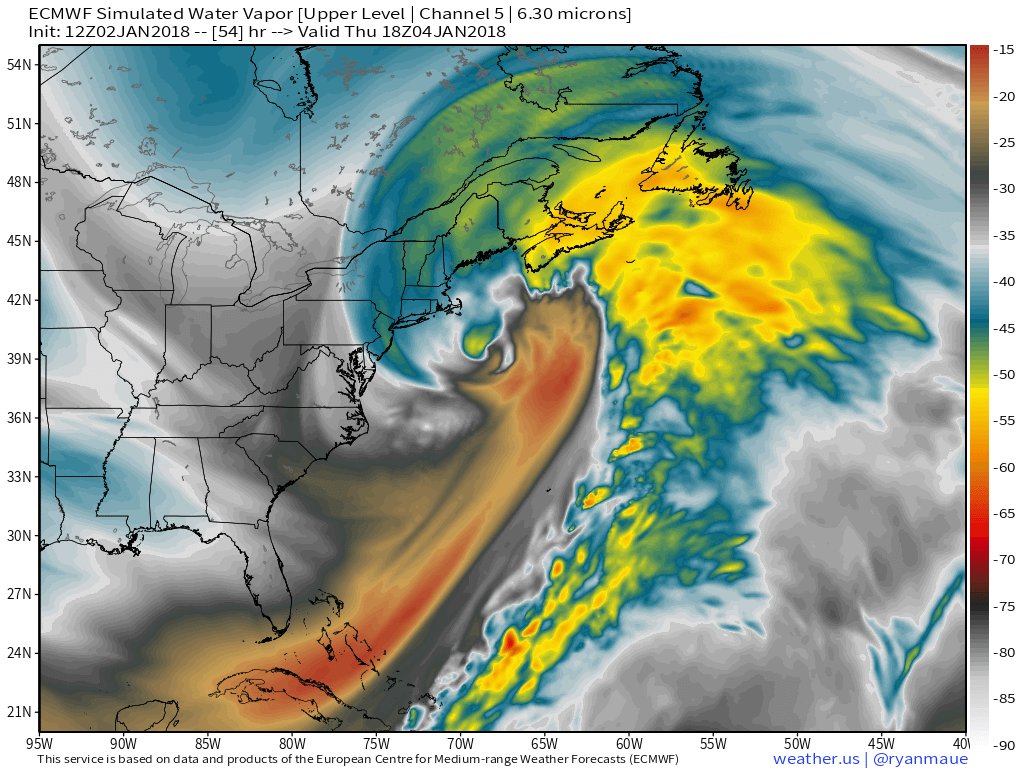With the “Bomb Cyclone” hitting the eastern seaboard, there’s one thing that can be predicted with a good degree of certainty: the secondary effects of the winter weather are highly likely to negatively impact the internet usage of the areas most heavily affected, as well as ecommerce sales originating from those areas for internet retailers.
What typically can happen is this:
- The intense weather storm powered by the bomb cyclone (under the process dubbed “bombogenesis“) is already propelling extreme weather elements from over the Atlantic into the northeast towards the interior of the United States. These elements include snow, flooding, freezing temperatures, and high winds.
- The cold storm elements will knock out core infrastructure and utilities in various areas.
- Electric power will be knocked-out when ice causes tree limbs to break, snapping electric lines. CNN is already reporting that over 13,000 homes have lost power in the northeast.
- Internet cables can also be disabled when utility lines are snapped, cutting off access for homes and businesses alike. For some areas, the internet services will get knocked-out simply if they themselves lose power.
- Although typically a little less vulnerable to outages, cell phone towers can also get knocked offline. If you’re in an area with fewer backup towers to pick up your signal, and your cell towers are taken offline, you may get cut off from communications and internet.
- Outages of these sorts can last for days and even for a week or longer, depending on the severity of the storm and how easy it is for utility crews to reach affected areas.
Once a significant enough quantity of people are knocked off of the internet for a period of time, one may rapidly see impacts to internet usage and associated ecommerce sales.
I used to see this sort of thing when I worked for Verizon’s Superpages.com. For instance, back in the years of 2003 through 2006, we saw power outages ranging from the east coast through Michigan, Indiana, and Illinois that knocked-out power for millions of consumers. I was able to graph our website usage by states over time, and could easily see the typical usage for affected states declining significantly. The power outages negatively affected our overall revenues at those times, since pay-per-click advertising revenues based on our site’s visitors declined some.
More recently, Hurricane Harvey significantly affected traffic and ecommerce revenues in Texas and particularly in Houston, one of the highest-population cities in the US.

Now, some argument may be made that after such outages many consumers will circle back and simply make purchases later. This may be true, but the losses in traffic for website publishers that derive revenue from ads is generally not made up.
If human-influenced climate change is affecting the frequency or intensity of storms that impact internet usage and ecommerce, then many analysts may perceive climate change as an increasing risk on corporate revenues.
Ironically, the expansion in the number of data centers necessary to support websites, cloud computing, and mobile apps may in itself be contributing to such climate change effects. The heat from the machinery running the internet might contribute to these storms that cause regional outages of internet access.
Many data centers are now being built to be green to reduce impact upon the environment and to reduce costs. However, most consumers are unaware of just where their computing is ultimately housed, and just how green or inefficient it is.
The surge in Bitcoin and other cryptocurrency processing might also become a significant contributor to global heating. Recent news reports that Bitcoin processing is requiring more electricity than around 150 of the world’s smallest countries.
In any case, if you are an internet publisher or ecommerce website operator, be prepared for the bomb cyclone and its intensive winter weather to reduce your sales in the northeastern states.
Tags: bomb cyclone, climate change, global warming, internet outages, power outages, weather effect on ecommerce




 ShareThis
ShareThis